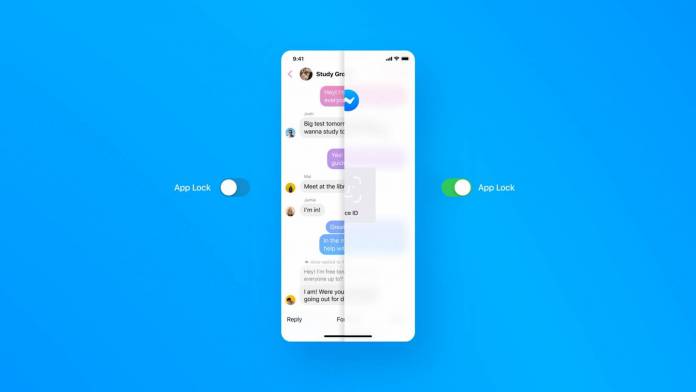
There are times when someone borrows your phone and “accidentally” stumbles upon your messaging apps. That may be okay for some but not everyone would enjoy someone going through their private chats with other friends or family members. Facebook will soon let you lock your Messenger app on your Android phone to keep your messages as private as you can. They will also soon let you choose who can send you messages on the app, similar to what hey did before with Instagram.
The App Lock for Messenger will give you an “extra layer of security” for those times when someone else will have access to your phone. The feature will actually use your device’s security settings so whatever you use to unlock your phone, whether it’s a code, pattern, or biometrics, it is the same thing that you will use to unlock your app. In the case of fingerprint, iris, or face unlocks, it will be done on device so your data will not be transmitted to any server.
You can go to the Messenger app’s privacy settings section. This is also the place where you can access settings and features for your other Messenger functions. You can see here who is able to view your stories, things like muted stories, and also who are the people you’ve blocked. The App Lock is an optional feature so if you feel secure enough to have the app to anyone who has unlocked your phone, then you don’t need to enable it.
Soon, Facebook is bringing even more privacy and security features. They are now working on controls that will let you screen who can send you messages or call your directly, who will go to the requests folder, and who will not be able to contact you at all. They’re also looking at blurring images in the message requests folder as well. They say this is similar to what they have done with instagram. They will be testing it out to selected users initially before rolling it out to everyone.
The App Lock for Messenger is not yet available for Android devices even as iPads and iPhones will be able to use it already. They did say they will be bringing it “in the next few months” but no specific time frame has been given.









